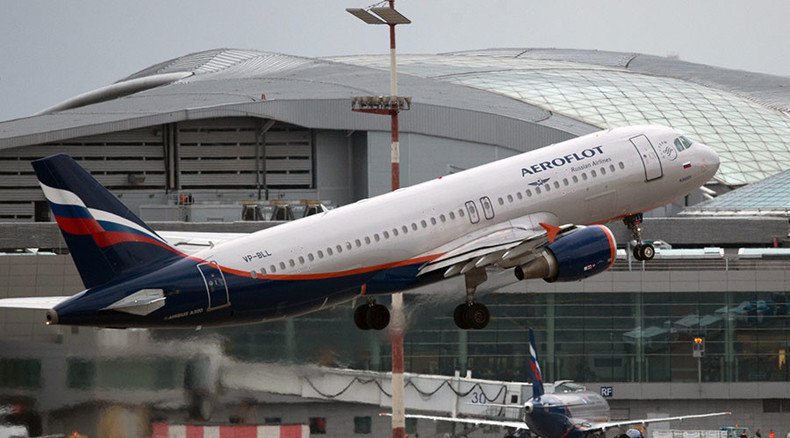Putin bans Russian civil servants from using foreign airlines for business travel

Russian officials of all levels must now use only airlines from members of the Eurasian Economic Union for business trips. Exceptions are allowed if EEU airlines do not fly to their desired destination.
The new rules are described in amendments to a presidential decree. The amendments also order all federal and municipal state bodies to make sure their internal rules match the new law.
“If civil servants use air transport to get to the place of their official trips and back, tickets can only be purchased for the flights on Russian airlines or airlines from other members of the Eurasian Economic Union, except for occasions when the abovementioned airlines do not fly to the destination point of the business trip or when no tickets can be purchased for the appropriate dates,” the document reads, according to popular business daily Vedomosti. The Eurasian Economic Union is a Russia-led economic bloc that also includes Kazakhstan, Belarus, Armenia and Kyrgyzstan.
The newspaper also had reaction from unnamed members of the State Duma staff that ranged from mild approval for “import replacement” to worries that the new rules could lead to additional costs as a shortage of seats in economy class would force state agencies to buy business class tickets.
Vedomosti also quoted a representative of the Russian flag carrier Aeroflot as saying that the move had been suggested by Aeroflot General Director Vitaliy Savalyev at a government meeting back in February. The airline spokesperson said similar rules existed in other countries, such as China and expressed a hope that together with other steps aimed at state support of domestic airlines it would allow Russian business to get through the crisis with minimum losses.
In Late 2014, after the sharp devaluation of the Russian ruble caused by a plunge in oil prices President Vladimir Putin ordered a one-year freeze on civil servants’ pay in various state offices, including the presidential administration. However, the same document that ordered the freeze also allowed the indexation of salaries for people who work in the budget sector and reserved budget money for this purpose.
READ MORE: Putin: No pay rise for Russian civil servants in 2015
In March 2015 Putin ordered a 10 percent cut in his salary, along with all government ministers and a number of other leading state officials. The reduction will be in force till the end of the year and Putin’s Press Secretary Dmitry Peskov says it could be extended into 2016.












